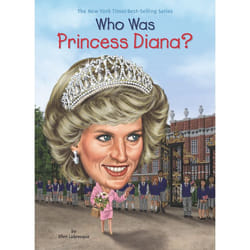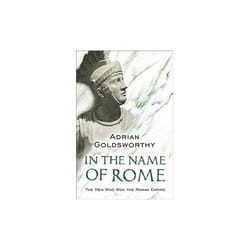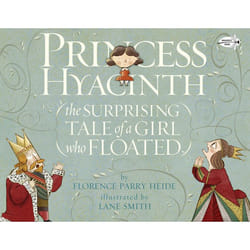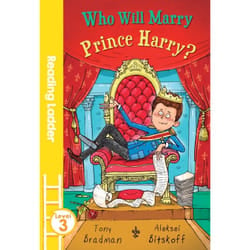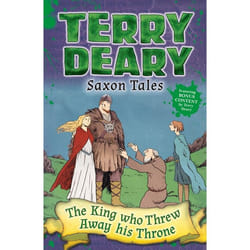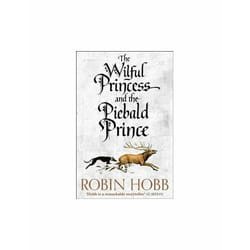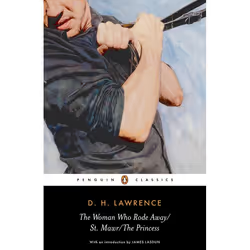
ISBN The Woman Who Rode Away; St. Mawr; the Princess
ISBN The Woman Who Rode Away; St. Mawr; the Princess, Classics, English, Paperback, 272 pages
Similar Products
Product Information
The Woman Who Rode Away; St. Mawr; the Princess
Three short works of pyschological liberation from the author of Women in Love
The three works collected in this volume, all written in 1924, explore the profound effects on protagonists who embark on psychological voyages of liberation. In St Mawr, Lou Witt buys a beautiful, untamable bay stallion and discovers an intense affinity with the horse that she cannot feel with her husband. This superb novella displays Lawrence’s mastery of satirical comedy in a scathing depiction of London’s fashionable horse riding set. ‘The Princess’ portrays the intimacy between an aloof woman and her male guide as she travels through New Mexico in search of new experiences, while in ‘The Woman Who Rode Away’ a woman’s religious quest in Mexico brings great danger – and astonishing self-discovery.
For more than seventy years, Penguin has been the leading publisher of classic literature in the English-speaking world. With more than 1,700 titles, Penguin Classics represents a global bookshelf of the best works throughout history and across genres and disciplines. Readers trust the series to provide authoritative texts enhanced by introductions and notes by distinguished scholars and contemporary authors, as well as up-to-date translations by award-winning translators.
About author(s)
The son of a miner, the prolific novelist, poet, and travel writer David Herbert Lawrence was born in Eastwood, Nottinghamshire, in 1885. He attended Nottingham University and found employment as a schoolteacher. His first novel, The White Peacock, was published in 1911, the same year his beloved mother died and he quit teaching after contracting pneumonia. The next year Lawrence published Sons and Lovers and ran off to Germany with Frieda Weekley, his former tutor’s wife. His masterpieces The Rainbow and Women in Love were completed in quick succession, but the first was suppressed as indecent and the second was not published until 1920. Lawrence’s lyrical writings challenged convention, promoting a return to an ideal of nature where sex is seen as a sacrament. In 1928 Lawrence’s final novel, Lady Chatterley’s Lover, was banned in England and the United States for indecency. He died of tuberculosis in 1930 in Venice.
Customer Reviews
Share your opinion on the product or read reviews from other members.



